I have a table name payment_schedule with following contents
I want to fetch records with MAX(due_date) GROUPED BY loan_application_id
With reference to records in above image, i expect the result to be following
I tried using following SQL query
SELECT
id,
MAX(due_date) as due_date,
loan_application_id
FROM
payment_schedule
GROUP BY
loan_application_id
Which returns me the following result.
As you see it does not return the corresponding id for a given due date.
Additionally, I have another column called payment_type_id and I need to exclude rows when payment_type_id has value of 3.
I tried several solution available here, nothing seems to work, how to go about it?
Thanks.


